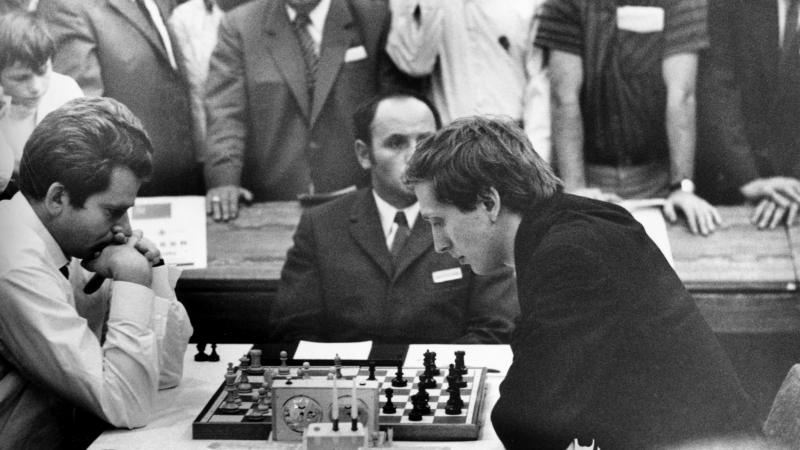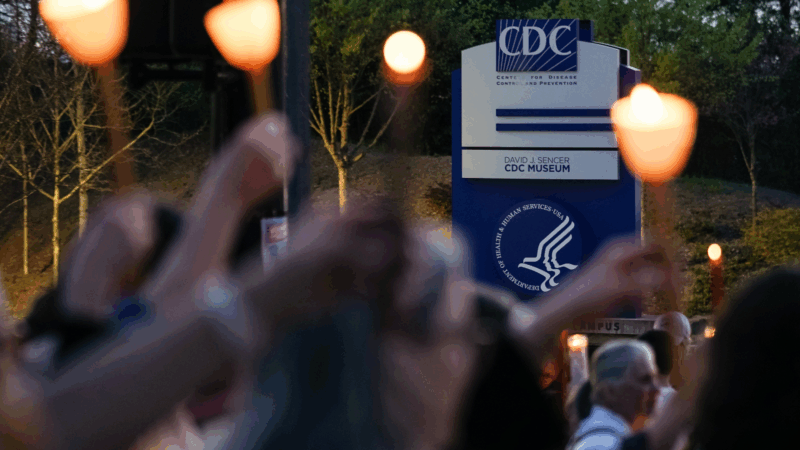Boris Spassky, Soviet chess champion who lost to Bobby Fischer, dies at 88
MOSCOW — Boris Spassky, a Soviet-era world chess champion who lost his title to American Bobby Fischer in a legendary 1972 match that became a proxy for Cold War rivalries, died Thursday in Moscow. He was 88.
The death of the one-time chess prodigy was announced by the International Chess Federation, the game’s governing body. No cause was given.
Spassky was “one of the greatest players of all time,” the group said on the social platform X. He “left an indelible mark on the game.”
The televised 1972 match with Fischer, at the height of the Cold War, became an international sensation and was known as the “Match of the Century.”
When Fischer won the international chess crown in Reykjavik, Iceland, the then-29-year-old chess genius from Brooklyn, New York, brought the U.S. its first world chess title.
Fischer, known to be testy and difficult, died in 2008. After his victory of Spassky, he later forfeited the title by refusing to defend it.
Former world champion Garry Kasparov wrote on X that Spassky “was never above befriending and mentoring the next generation, especially those of us who, like him, didn’t fit comfortably into the Soviet machine.”
Spassky emigrated to France in 1976.
On its website, the chess federation called Spassky’s match with Fischer “one of the most iconic” in the history of the game.
Yugoslav grandmaster Svetozar Gligoric said that Spassky’s secret strength “lay in his colossal skill in adapting himself to the different styles of his opponents,” the Washington Post reported.
The chess federation called Spassky “the first genuinely universal player” who “was not an opening specialist, but he excelled in complex and dynamic middlegame positions where he was in his element.”
At the time of their famous match, the Soviet Union had compiled an unbroken streak of world chess championships that stretched back decades.
After his loss, Spassky went home to a cold reception in the Soviet Union, where he had become a national disappointment, the Post said. He said he was not allowed to leave the country, and his marriage, his second, fell apart.
“I feel at home at the chessboard,” he was quoted as saying in a recollection of the Reykjavik match published by the World Chess Hall of Fame in 2022, the Post said. “Our chess kingdom does not have borders.”
17 new books our critics can’t wait to read this summer
We asked some of our trusted critics which upcoming books they are most looking forward to. Here are the fiction and nonfiction titles they picked.
These students protested the Gaza war. Trump’s deportation threat didn’t silence them
NPR spoke with two international students about their decision to continue speaking out despite the government's aggressive effort to deport pro-Palestinian activists.
Real estate agent commissions too high? Flat-fee brokers offer an alternative
Agents have typically taken a commission on the sale of a home that totals 5% to 6% of the price. But new rules have created an opening for brokers who charge much less.
The great battery race: China and the U.S. compete over the future of EVs
The car you drive years in the future might run off a battery being invented in a lab today. Companies in China and the United States are racing to perfect and scale up next-generation technologies.
‘Nihilism’ is in the news. What’s behind this ‘nothing’ philosophy?
The weekend bombing of a Palm Springs, Calif., fertility clinic has cast a fresh spotlight on a 19th century philosophy linked to Russian revolutionaries. What does "nihilism" mean?
Diseases are spreading. The CDC isn’t warning the public like it was months ago
Some of the CDC's main channels for communicating urgent health information to the public have gone silent.








